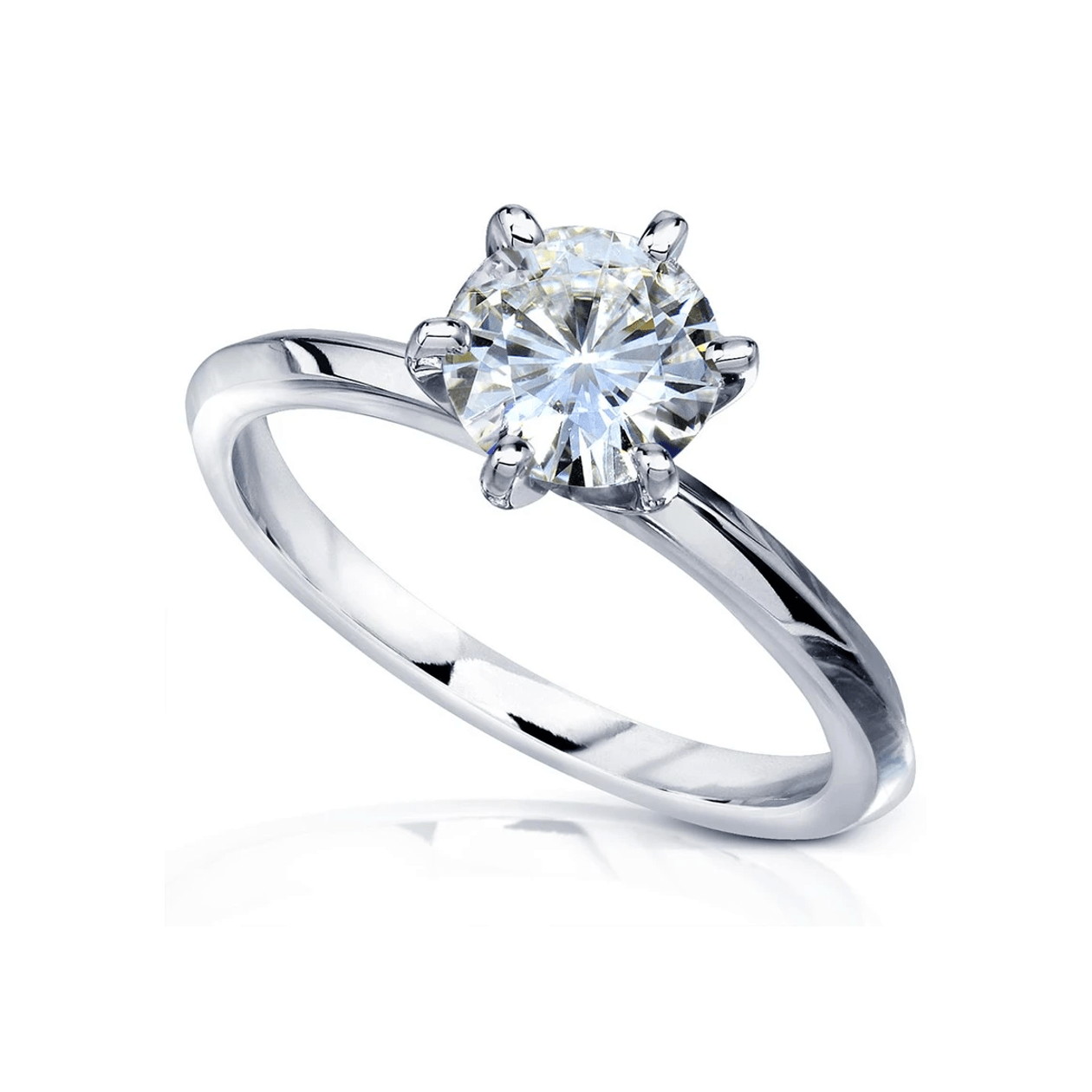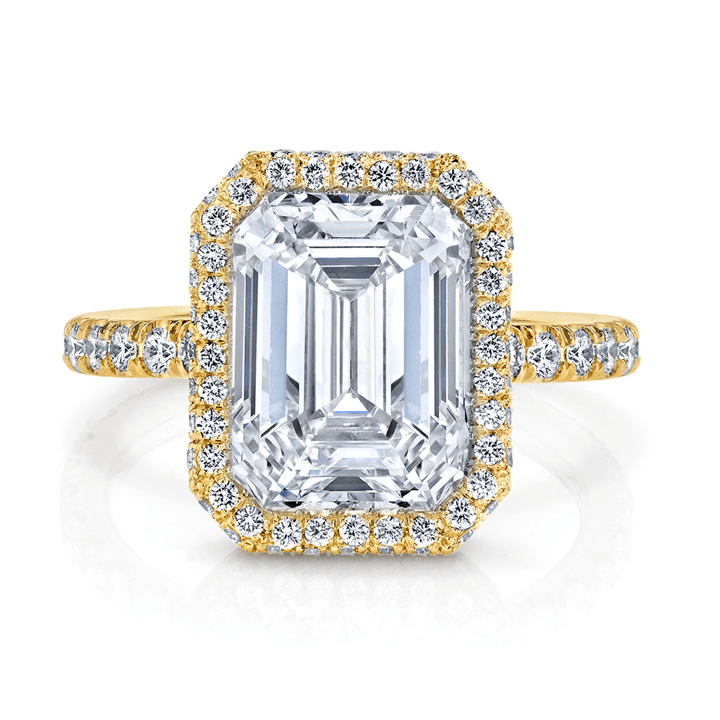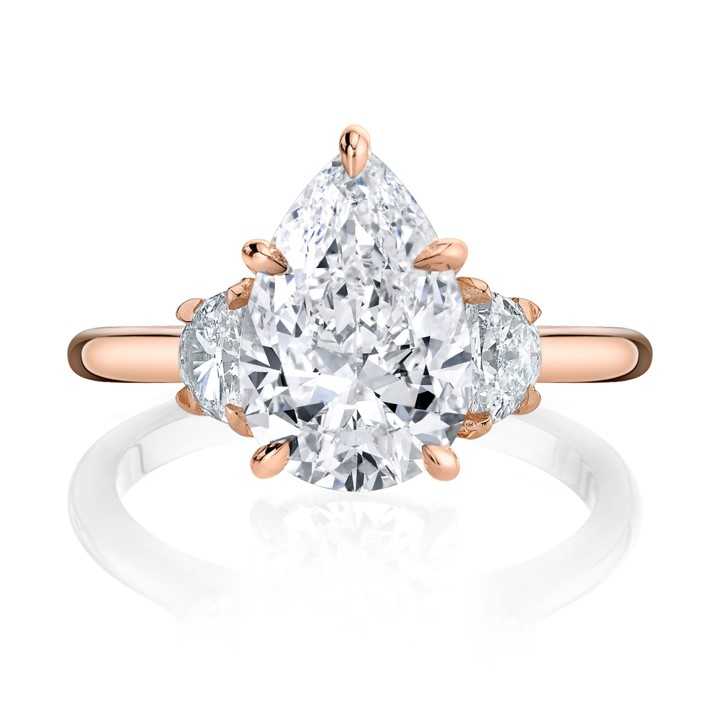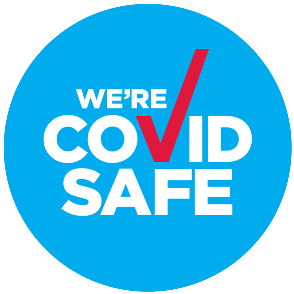Learn

Diamond rings are very often sold with certificates, but may people remain not fully aware of what this magical piece of paper represents, nor are they clear on the reliability of the certificate.
With a little guidance, you too can learn what the diamond certificate relates to, and how to ensure that it becomes more than just a piece of paper to you.
Certificates for diamonds are often referred to as diamond grading reports. For example, the Gemological Institute of America (GIA) produce such a report:

What is Diamond Certification?
Certification is the result of the process by which diamonds are assessed by gemmologists.
They are produced by accredited and reputed institutes such as the GIA, HRD or EGL.
Different diamond certificates offer different information. However, in almost all cases, a diamond certificate will include detailed measurements of the diamond’s dimensions, an assessment of the quality and symmetry of polish, and an analysis of the diamond’s quality. This results in standardized grades across the 4C’s: cut, color, clarity and carat weight.
A common question that people ask when purchasing a diamond is how they can be assured of value for their purchase? The diamond certificate should assist in answering this question.
Diamond certificates outline a diamond stone’s specifications, configuration, merits and demerits. A diamond grading report will grade a diamond across the 4C’s and thirteen other factors in order to determine its quality (and therefore value). The GIA Diamond Grading Report covers:

Colour Grade

Clarity Grade

Cut Grade

Carat Weight

Cutting Style

Colour Grade

Clarity Grade

Cut Grade

Carat Weight

Clarity Plot

Measurement

Finish

Polish

Shape

Cutting Style

Clarity Plot

Measurement

Finish

Symmetry

Fluorescence

Proportions

Comments

Polish

Shape

Symmetry

Fluorescence

Proportions

Comments
In short, if a diamond has an accompanying certificate, you will be better assured of its value, and are able to purchase with less hesitation.

Who is Involved in Diamond Certification?
There are several organizations involved in certification. In all likelihood, the names you’ll come across most often are the GIA (Gemological Institute of America) or the AGS (American Gem Society).
These are independent organizations who employ trained gemmologists for the specific purpose of performing accurate diamond certification.
They are not affiliated with any vendor, so there’s no need to worry about the certificate being biased. If you come across certificates provided by other organisations, it’s a good idea to look into the background of the organization in question and ensure that they are independent and impartial.
The GIA are considered the ‘gold standard’ of diamond certification, and have become the trusted go-to source within the industry. If looking for maximum peace of mind, look for the following GIA badge on any diamond you purchase:

Why Should you Care About Diamond Certification?

Value
With a diamond certificate, you’re able to ascertain what your diamond is worth. With the information contained in the certificate, you’re then able to reference tools like the Rapaport Price List to get an idea of the value of your diamond against established benchmarks. Armed with this knowledge, you’re also better protected against overpaying from sellers. It will also prevent you from under-valuing your diamond if you were ever to sell it too.

Future-Proofing
The certificate will future-proof your purchase. The diamond certificate assists in protecting its value, as it will be called upon for inspection from prospective buyers. Without a certificate, you may have difficulty getting the price that you deserve.

Protection
Any diamond dealer that refuses or hesitates to let you see the grading certificate of a diamond should be a massive red flag! Similarly, avoid jewellers who tell you that a certified diamond is going to cost you more—the only extra cost should be the small sum that covers the cost of the certificate.

Insurance
It is always prudent to have your diamond insured. And any insurer will require a certificate for their records. If it ever gets lost or stolen, there should be no arguments over its replacement value.
Copyright © 2022 Ringcommend. All Rights Reserved.




















